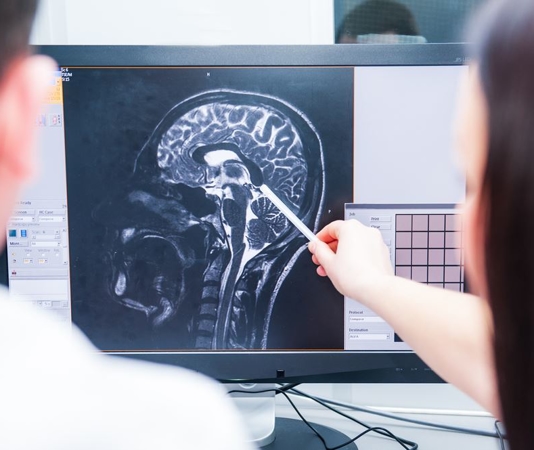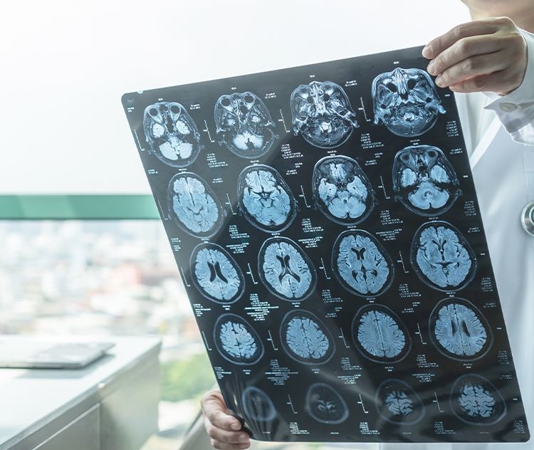Brain InjuriesTraumatic Brain InjuryWorkplace Factors That Can Affect Return To Work After Traumatic Brain Injury
Traumatic brain injury (TBI) affects millions of people globally each year, with the majority classified as mild or moderate. While most people recover quickly, some experience prolonged symptoms that impact their day-to-day lives and ability to work. Predicting return-to-work (RTW) rates is critical for optimal treatment and reducing the societal cost of TBI. Previous studies...






